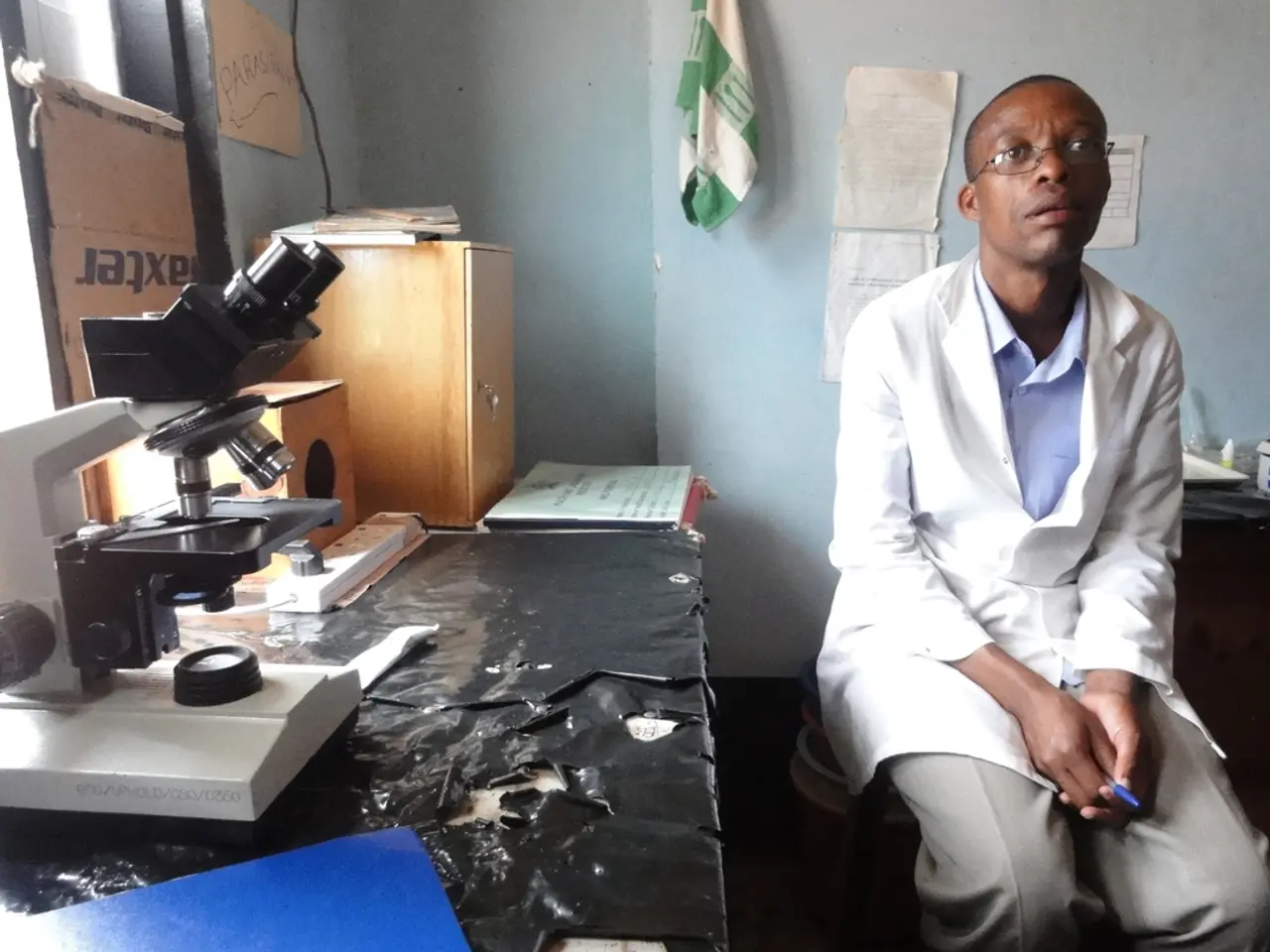Enthusiastic Kazakh Educators Spark Passion for Education
Revamping Education in the Digital Age: Kazakhstan's Educators Ignite the Spark
Today's students propel us towards the future, and with a world sprinting headlong into technology, nurturing curiosity and enthusiasm for learning becomes paramount. Sumaya Raqymbekova, a renowned education expert, discussed with The Astana Times how educators in Kazakhstan are breathing new life into teaching methods.
As industries transform from a foundation in manufacture to a digital, data-driven society, educators are grappling with fundamental questions: How should learning adapt? What promotes genuine intellectual passion? And what, in essence, defines knowledge in a universe of perpetual information?
Enter Olga Mustafina, a child neuropsychologist, and psychotherapist who dispelled a prevalent misconception: Children are not innately disengaged with learning; they are, by nature, explorers. Yet when lessons lack relevance, meaningful connections, or inspiration, they succumb to boredom.
"True knowledge sticks when it's rooted in emotion," Mustafina explained in an interview with The Astana Times. She emphasized the importance of considering cognitive styles, arguing that one-size-fits-all teaching can inhibit learning efficiency. Mustafina recommended creating a pressure-free learning environment, encouraging curiosity, and promoting camaraderie between students and teachers, instilling confidence and trust.
"A supportive and open environment fosters risk-taking and experimentation," she added.
Bridging the Gap Between Math and Reality
Yevgeny Solonitsyn, a math teacher from Almaty, has gained popularity for his innovative approach to teaching, making math digestible for students by relaying it in real-world contexts. From treks that apply math to everyday problems, to online videos that spark curiosity, Solonitsyn connects with students, resolving the perennial issue of math's perceived irrelevance.
"Math is everywhere," Solonitsyn asserted to The Astana Times. "It's essential to communicate its importance and present it in a captivating manner." He suggested initiating lessons with a philosophical discussion or a relatable anecdote, elevating students' passion for the subject, even before they've fully grasped the concepts.
Teachers across subjects have recognized the value in redefining conventional teaching practices to reach students in a meaningful, memorable way.
Artificial Intelligence and Comics: A Modern Kazakh Literature Exploration
Akbota Yermaganbetova, a Kazakh language and literature teacher from Kostanai, has birthed a unique solution to capture students' interest: using artificial intelligence to fabricate comics inspired by classic Kazakh literature. Her endeavor sees works like "Bakitsyz Zhamal" and "Shuganyn Belgisi" brought to life, engaging students with a format that is not only enjoyable but is also a powerful memory-aid.
Anime and Rap: Chemistry's Fusion Formula
Ulan Usenov, a chemistry teacher from Almaty, has found a unique, energizing method to discuss chemical concepts by incorporating anime and rap. This fusion of styles results in accessible, relatable learning experiences that motivate students to delve deeper into subjects, fostering their intellectual curiosity.
These novel approaches to education highlight a broader trend in Kazakhstan's educational sector: teachers reinventing their craft to stimulate students, promote curiosity, and cultivate a lifelong love of learning in a swiftly evolving digital world. Experts agree that effective teaching involves more than academics; it's about inspiring tomorrow's thinkers by instilling a deep passion for knowledge.
Additional Insights:
- Neuropsychology and Learning Effectiveness: Neuropsychologists are unraveling the connections between the brain and learning effectiveness. Their research confirms that students absorb emotionally significant information more readily [1].
- Artificial Intelligence and Educational Integration: Artificial intelligence has transformed education, and its impact on learning methods is striking [2].
- Leadership in Education: Leadership styles play a vital role in creating inclusive, collaborative learning environments and ensuring that educational practices meet the evolving needs of students [3].
- Globally Connecting Education: Efforts are underway to integrate Kazakhstan into the international educational community through initiatives like the TUMO Center for Creative Technologies, which offers free digital skills training for teens [4].
- Foresight and Futures Literacy: UNESCO's initiatives aim to bolster futures literacy and foresight capacities within higher education, preparing students for a future shaped by artificial intelligence [5].
In the digital age, educators in Kazakhstan are working to adapt learning methods to foster genuine intellectual passion and promote effective knowledge retention, bridging the gap between academic subjects and real-world contexts. This is evident in the unique approaches taken by teachers like Yevgeny Solonitsyn, Olga Mustafina, Akbota Yermaganbetova, and Ulan Usenov, who are leveraging the power of emotion, artificial intelligence, and contemporary culture to engage students and instill a lifelong love of learning.






